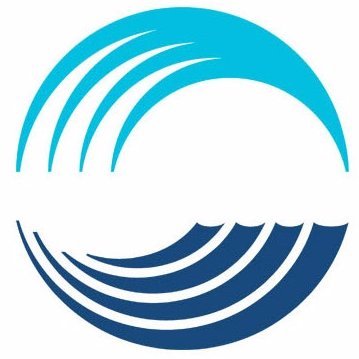
Lead Investigators
-
 View full profile
View full profileDr Kim Last
Co-lead investigator, Scottish Association for Marine Science (SAMS)
I am an ecologist interested in the effects of human activities on marine organisms with a particular focus on chronobiology (or how organisms tell the time?) and co-lead investigator in the CHASE project. Over the last few years I have specialised in understanding the daily migrations of zooplankton which constitute one of the biggest daily migrations on the planet. I apply chronobiological tools to visualise migration behaviours in different environments from fjord to open ocean and have been on many Arctic cruises.
-
 View full profile
View full profileProfessor Dr Bettina Meyer
Co-lead investigator, University of Oldenburg/AWI
Bettina Meyer addresses causes and consequences of population shifts of polar pelagic key invertebrates, such as krill and calanoid copepodes, that drive or have a strong impact on ecosystem functioning. Her research focuses on process-oriented studies in the field and in the laboratory to understand genetic and physiological traits of these organisms to cope with a changing environment. Bettina leads the research in the CHASE project in Germany.
Related Articles
-
Scientists discover ‘tiger’ of the plankton world enjoys its veg too
With large teeth, hooks and poison glands, arrow worms have been nicknamed the tigers of the plankton world and are believed to be successful carnivorous hunters of the deep - but new evidence from a Scottish researcher has shown that the creature may enjoy its ‘greens’ too. Read more
16 July 2020 -
Biological clocks keep ticking in the Arctic Ocean
Marine biologists studying how climate change affects the Arctic found that despite permanent daylight during the Arctic summer internal biological clocks continue to provide the rhythm of life. Read more
15 July 2020





